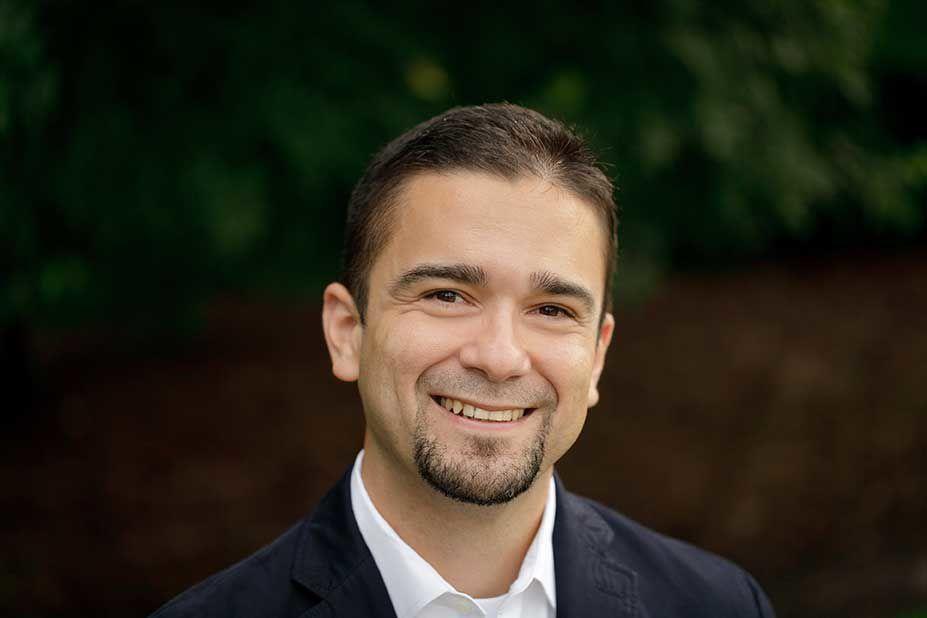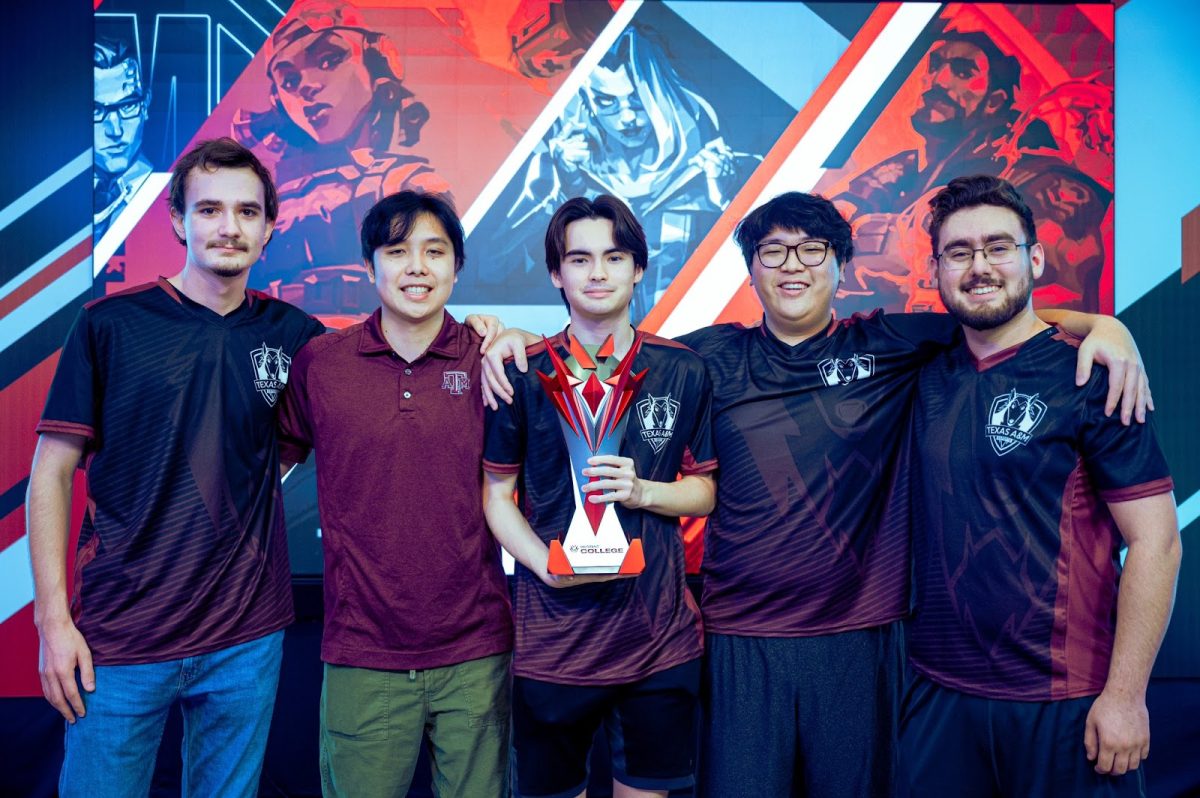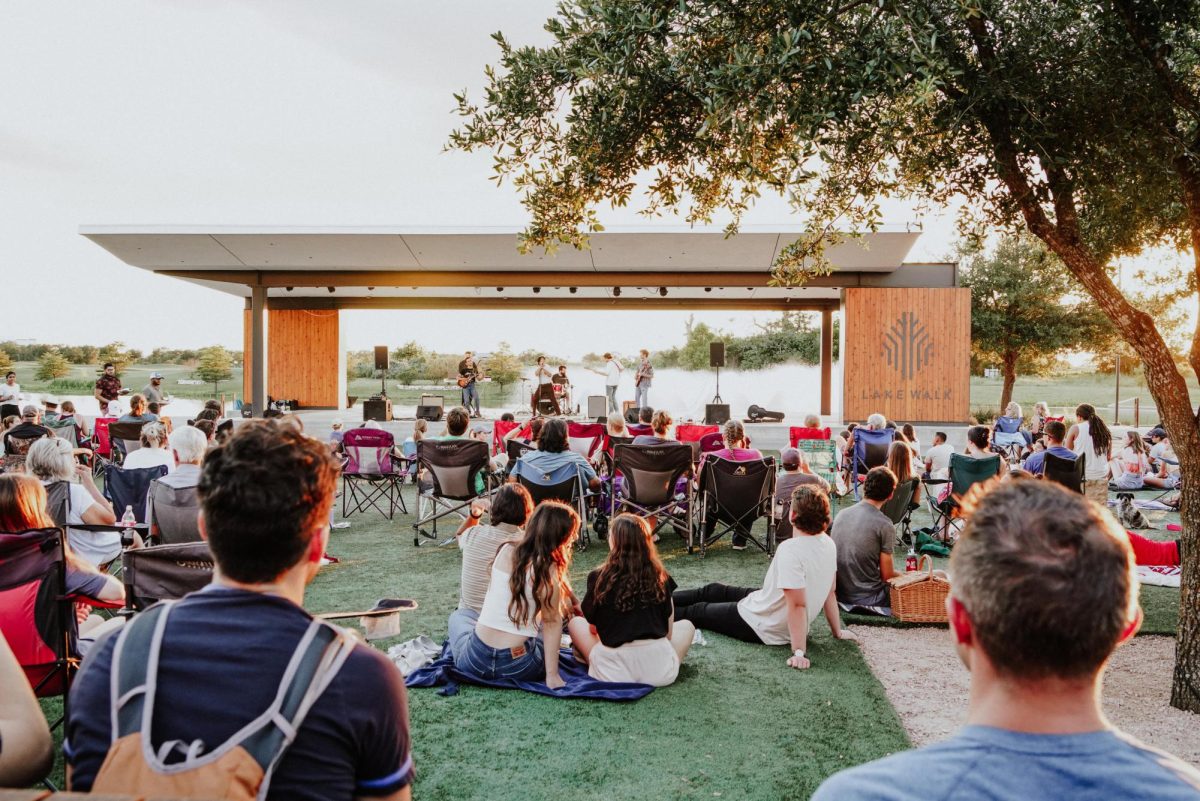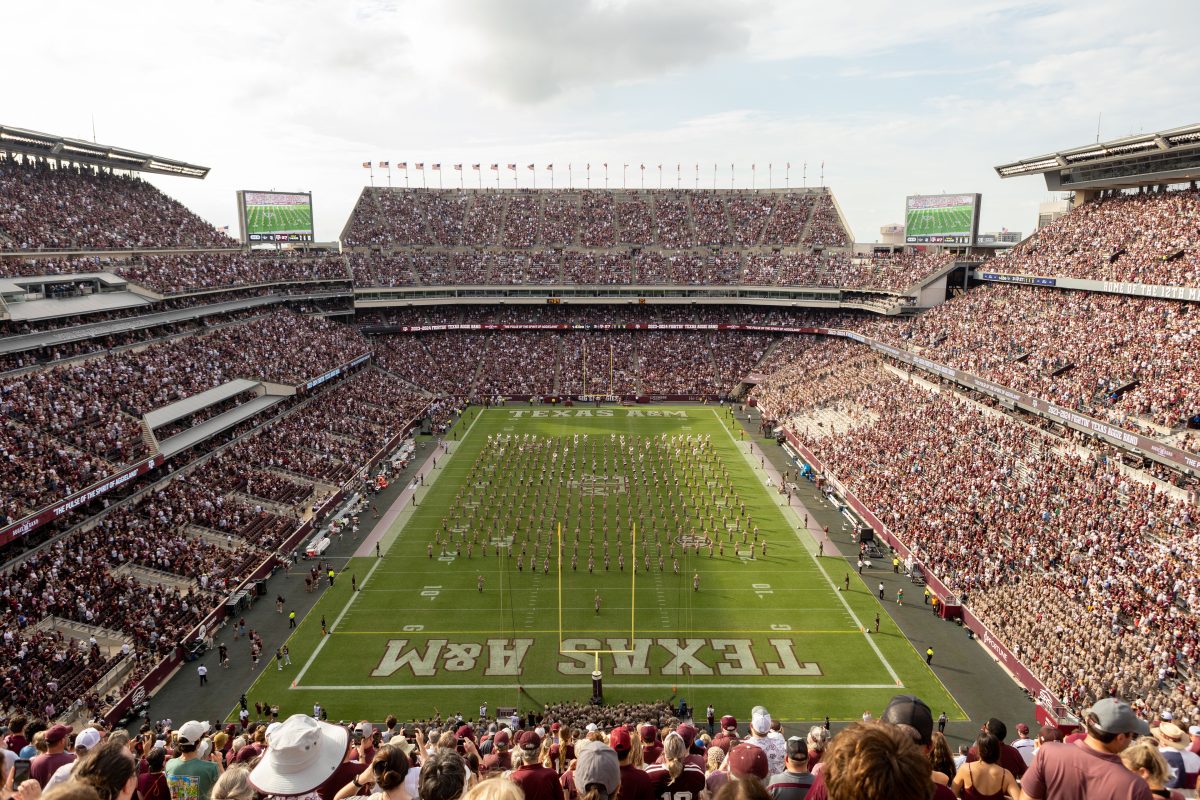Associate professor of history Felipe Hinojosa discussed his current book, “Apostles of Change: Radical Politics and the Making of Latina/o Religion” at Tuesday’s installment of the faculty colloquium series.
The colloquium series, put on by the Melbern G. Glasscock Center for Humanities Research, is for faculty to display their work to a group of peers who received early drafts of books, research and studies. After a short introduction from the speaker, the floor is open for questions, discussion and feedback.
Hinojosa’s newest work focuses on barrio activists’ engagement with the church. Hinojosa is looking at Latino civil rights organizations such as the Puerto Rican Young Lords and Catolicos por La Raza that used religion to rally Chicano power activism in the 1960s.
“Specifically I am looking at a couple of interesting cases where these groups actually occupied the buildings of the church,” Hinojosa said. “They quickly found out the church was a colonial institution — how could they make it ours again? How can we make these churches belong to the people?”
History professor Carlos Blanton said Hinojosa’s newest endeavor is “groundbreaking.”
“For several years Felipe Hinojosa has been reshaping the way we think of Latino-Latina religiosity and its connections to politics,” Blanton said. “He uncovers how external activism focused on religious institutions shaped and molded a growing activism already inside the churches that sought equality and the validation of Latino-Latina concerns.”
Philosophy graduate student Christopher Chapple said Hinojosa made him understand how important religion was different groups of people.
“Coming to this talk, I believe I kind of grasped that religion is more than going to church and praying,” Chapple said. “It’s for [the activist groups], about liberating themselves.”
A Brownsville native, Hinojosa knows his fair share about Latino culture. The border town, connected via bridge to its Mexican sister city of Matamoros, is a hub of Hispanic culture.
Hinojosa said while growing up, his church was a sanctuary church like many at the time, taking in undocumented immigrants and refugees from across Latin America. He said his upbringing in the tight-knit community of Mexican-Americans and strong connections to the local church inspired him to study how faith affects people’s ideas on social justice, poverty, racism and social inequality.
“There’s often this idea that religion, Christianity in particular, is inherently conservative and apolitical,” Hinojosa said. “What I am trying to do is showing how activism and social justice becomes an extension of their faith.”
Hinojosa said he wants to create a shift in how Hispanic and Chicano history are taught. The movements that Hinojosa studies lack a lot of written records, so he does his best to gather oral histories from remaining members of the Young Lords and Catolicos, tracking down and interviewing former activists in Los Angeles, Chicago and in various cities in Arizona.
“My hope and the hope of my colleagues is that we can pass this on to teachers and curriculum developers so that they begin to give a much broader perspective on the Chicano movement and the latino movement,” Hinojosa said.
History professor discusses research on religion and Latino activism
October 9, 2018
Photo by Provided
Associate professor of history Felipe Hinojosa spoke about his newest work “Apostles of Change” that focuses on barrio activists and how they interacted with the church.
Donate to The Battalion
Your donation will support the student journalists of Texas A&M University - College Station. Your contribution will allow us to purchase equipment and cover our annual website hosting costs.





















